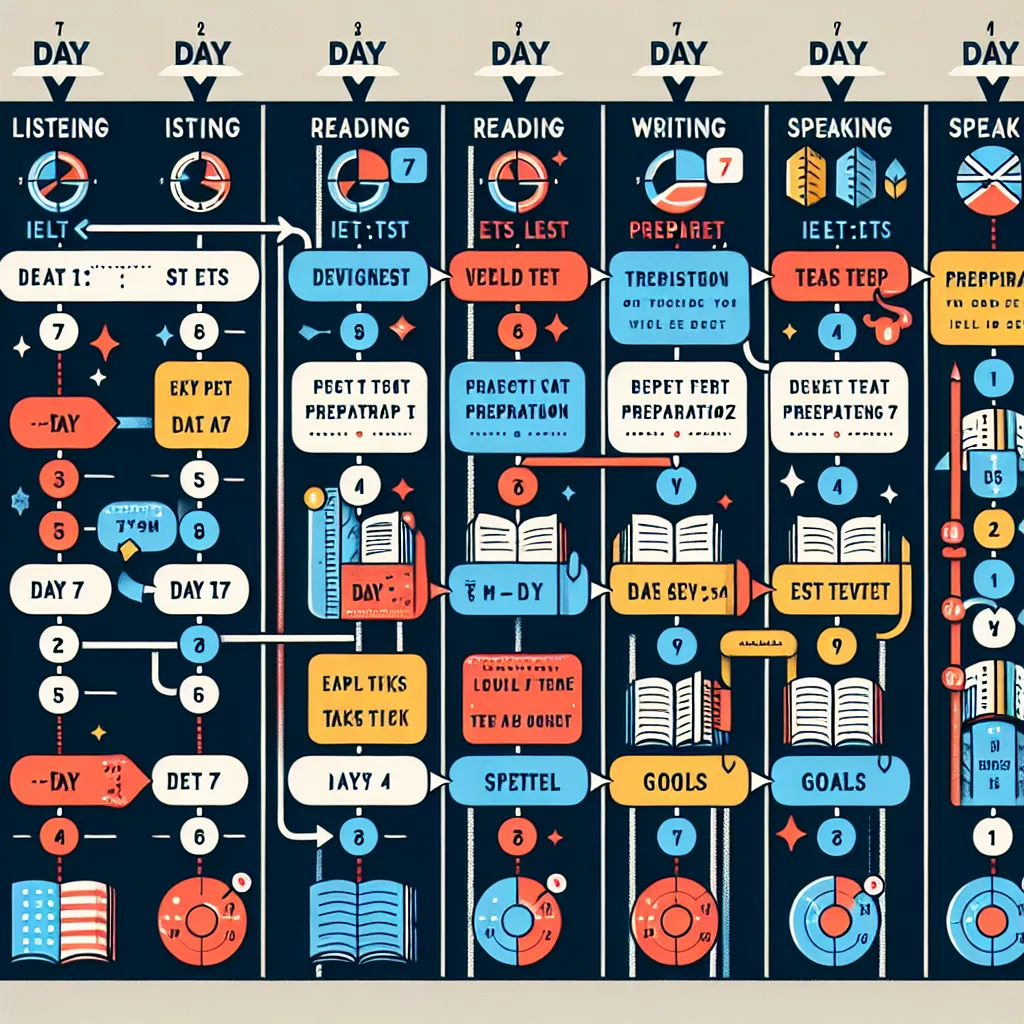Are you preparing for the IELTS exam and wondering about the ideal word count for Writing Task 1? You’re not alone! Many test-takers struggle with this question, and today we’ll provide you with a detailed answer to help you ace this part of the exam.
Understanding IELTS Writing Task 1
IELTS Writing Task 1 is a crucial component of the Academic IELTS test. It requires you to describe, summarize, or explain information presented in a graph, table, chart, or diagram. This task assesses your ability to identify key features, compare data, and present information clearly and concisely.
 IELTS Writing Task 1 Example
IELTS Writing Task 1 Example
The Importance of Word Count
The word count in IELTS Writing Task 1 is crucial for several reasons:
- Time management: You have only 20 minutes to complete this task.
- Scoring criteria: Examiners assess your ability to write concisely and relevantly.
- Task completion: You need to cover all key points without unnecessary repetition.
The Ideal Word Count for IELTS Writing Task 1
The Official Guideline
According to the official IELTS guidelines, you should write at least 150 words for Task 1. This is the minimum requirement, and falling short of this count can result in a lower score.
The Recommended Word Count
While 150 words is the minimum, most IELTS experts recommend aiming for 170-190 words. This range allows you to:
- Cover all necessary information
- Include sufficient detail
- Demonstrate a range of vocabulary and grammatical structures
- Avoid unnecessary repetition or irrelevant information
Why Not Write More?
You might be tempted to write more than 190 words, thinking it will impress the examiner. However, this approach can be counterproductive:
- Time constraint: Writing more takes longer, potentially impacting your Task 2 performance.
- Quality over quantity: Examiners focus on content and language quality, not word count.
- Risk of irrelevance: Exceeding 200 words may lead to including unnecessary details.
Strategies for Achieving the Ideal Word Count
1. Practice Time Management
Allocate about 5 minutes for planning and 15 minutes for writing. This ensures you have enough time to reach the ideal word count without rushing.
2. Use a Template
Develop a mental template for your response:
- Introduction (20-30 words)
- Overview (30-40 words)
- Key features (100-120 words)
- (Optional) Conclusion (20-30 words)
3. Focus on Key Information
Identify and describe the most significant trends, comparisons, or processes in the visual. Avoid describing every minor detail.
4. Use Appropriate Language
Employ a range of vocabulary and grammatical structures to express your ideas concisely. This includes:
- Comparative and superlative forms
- Linking words and phrases
- Specific vocabulary related to graphs and data
5. Practice, Practice, Practice
Regular practice is key to consistently achieving the ideal word count. Time yourself and analyze your responses to improve your efficiency.
 IELTS Writing Practice Session
IELTS Writing Practice Session
Common Mistakes to Avoid
- Writing too little: Failing to reach 150 words can result in a lower score.
- Writing too much: Exceeding 200 words may lead to irrelevance and time management issues.
- Copying words from the question: This doesn’t count towards your word total.
- Spending too much time counting words: Focus on content quality instead.
Next Steps in Your IELTS Preparation
Now that you understand the ideal word count for IELTS Writing Task 1, it’s time to put this knowledge into practice:
- Set a timer for 20 minutes and attempt several Task 1 questions.
- Review your responses, focusing on content, language, and word count.
- Seek feedback from a teacher or experienced IELTS tutor.
- Gradually increase your writing speed while maintaining quality.
Remember, achieving the right word count is just one aspect of success in IELTS Writing Task 1. Continue to work on your overall writing skills, including grammar, vocabulary, and coherence, to maximize your score.
By following these guidelines and practicing regularly, you’ll be well-prepared to tackle IELTS Writing Task 1 with confidence. Good luck with your IELTS journey!




